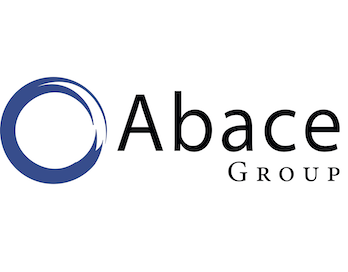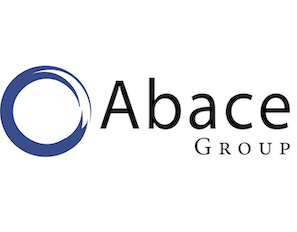$200 BILLIONS ON FUEL: THE AVIATION INDUSTRY
3 min to read
Technology changes the way businesses interact with their customers and make decisions. In particular, real-time access to data, the gold of the 21st-century, allows organisations to take informed steps towards operational efficiency.
Airlines spend, on average, $200 billions on fuel, this is the 25 percent of their operating costs (not counting the involved overhead costs). In fact, global aviation is responsible for nearly 2 percent of the total carbon dioxide (CO2) emissions. This is driving aircraft manufacturers and carriers to drastically focus on improving their fuel efficiency. However, not that many operators are capable to take action and successfully start reducing their consumption. Why?… Lack of ability to implement AI in a corporate environment.
Machine Learning technologies can revolutionise the concept of airline operations by streamlining and automating analytics and machinery maintenance, as well as many other internal processes and tasks. For example, in 2015, Southwest signed a contract with GE Aviation to use its flight analytics system to improve fuel consumption for its fleet of more than 700 Boeing 737s. But none of this matters if the teams involved do not buy into the concept.
“THE JOURNEY MATTERS“
Commercial aviation is a very operational driven business. Nobody apart from the actual airlines themselves know their business as well. When working in aviation solutions, ABACE always works very closely with the airlines so they are the drivers of their own innovation and not a third party. Bringing all the ecosystem in the journey facilitates the adoption and the final successful implementation.
Data Driven Innovation can not only enable airlines to increase their margins and be more sustainable, but also, optimise the way airside teams operate. This will only be achieved if these teams are listened to during development: the journey matters.



